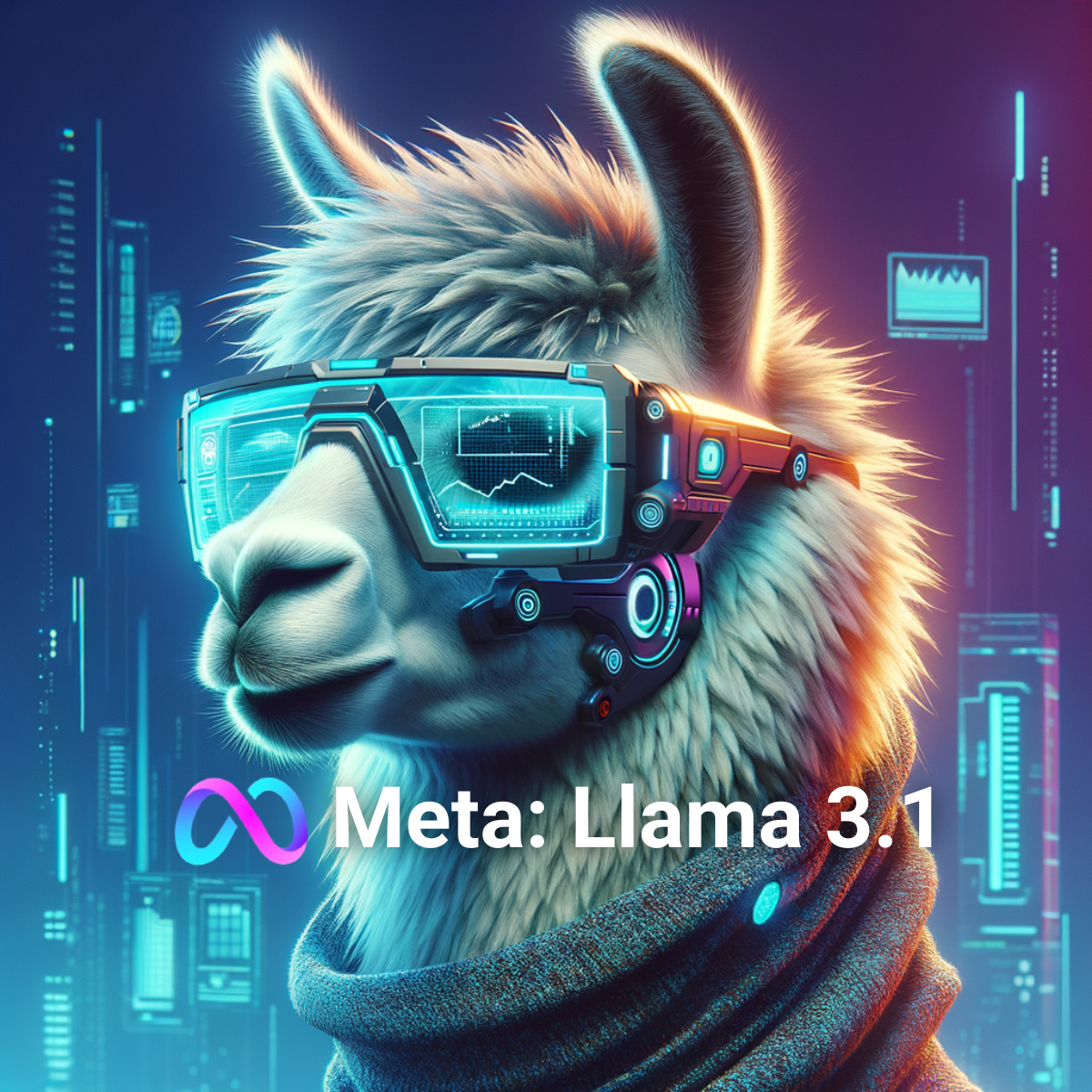Meta announced the release of Llama 3.1, the largest and most powerful open-source artificial intelligence model to date. With 405 billion parameters, Llama 3.1 outperforms name models like GPT-4o and Claude 3.5 Sonnet in numerous benchmarks. Mark Zuckerberg, CEO of Meta, is confident that the company's new AI assistant will surpass even ChatGPT in the coming months.
Outstanding performancesLlama 3.1 is distinguished by an impressive set of technical and performance characteristics:
- Number of parameters: 405 billion
- GPUs used for training: Over 16,000 Nvidia H100s
- Development costs: Hundreds of millions of dollars
These impressive technical specifications enable Llama 3.1 to deliver superior performance in various applications, from natural language processing to creative content generation.
Commitment to open-source
Despite the enormous costs associated with developing and training Llama 3.1, Meta continues to open-source this model. This raises questions about the company's strategy, especially in the context of fierce competition in the AI industry.
Mark Zuckerberg explains this decision by analogy with the Linux model. He argues that open-source models will soon become dominant, thanks to the large community of developers and researchers contributing to their improvement and adoption. This approach can lead to rapid innovation and the creation of diverse and advanced applications.
Imagine Me: The innovative social media feature
With the release of Llama 3.1, Meta also introduces an exciting new feature for social media platforms: Imagine Me. This feature allows users to create their own custom avatars in various fantasy roles such as astronauts or superheroes. Imagine Me promises to become a social media hit, giving users a new way to express their creativity and connect with their friends and communities.
Future perspectives
Meta is committed to continuing to develop and improve open-source AI models, thereby strengthening its leadership position in the technology industry. With Llama 3.1, Meta not only sets new performance standards, but also paves the way for future innovations in artificial intelligence.
Zuckerberg and his team are optimistic about the impact these technologies will have on society, anticipating that open-source AI will play a critical role in transforming the way we interact with technology and each other.
With Llama 3.1, Meta demonstrates its commitment to innovation and open collaboration, thereby establishing a solid foundation for the future of artificial intelligence.




Comments